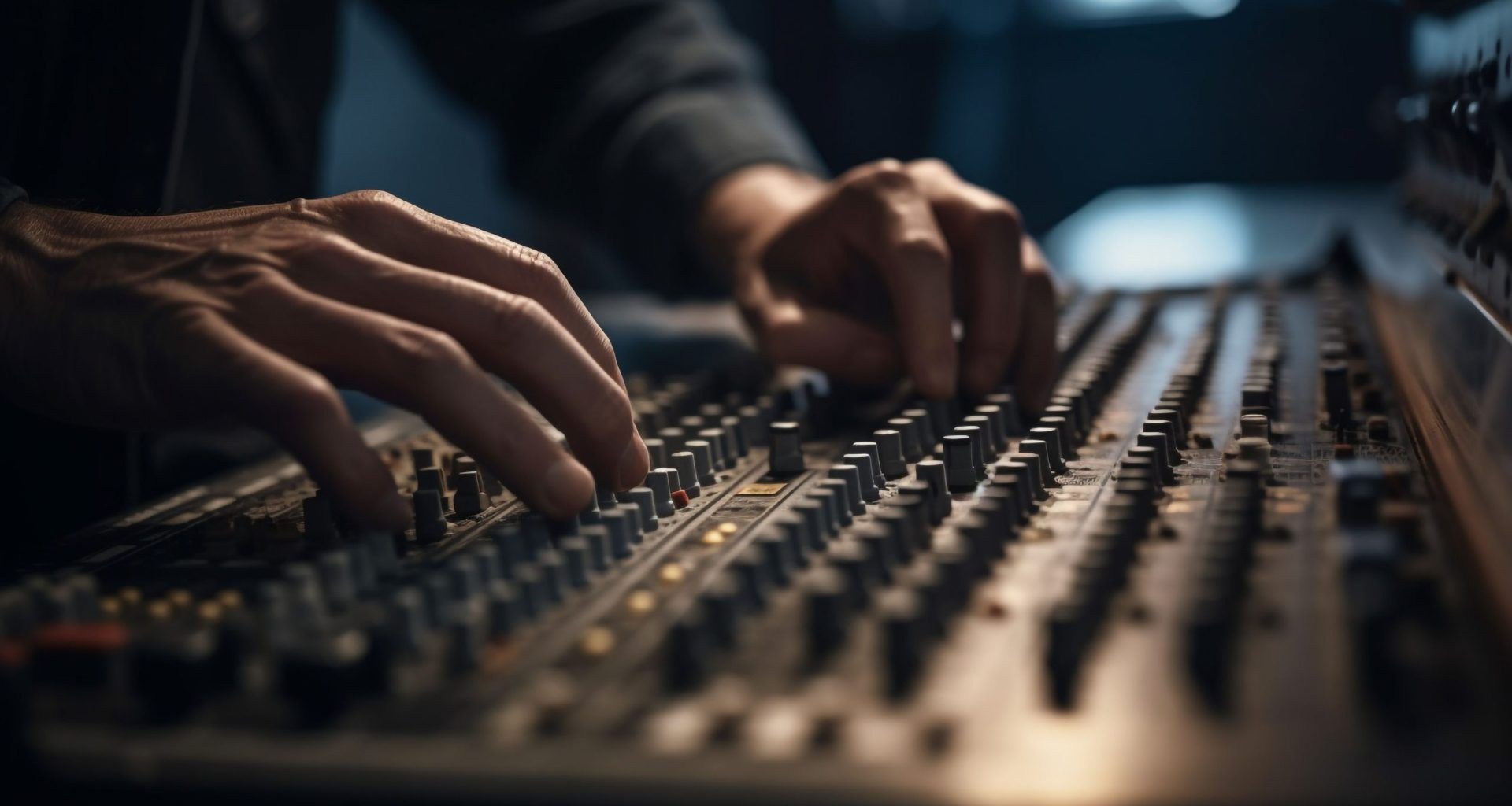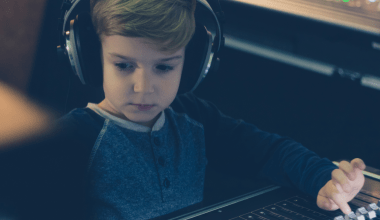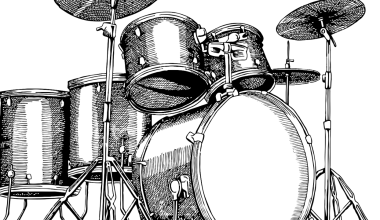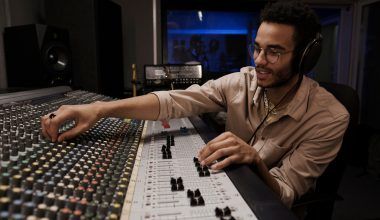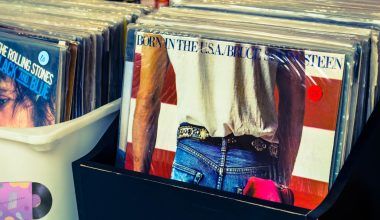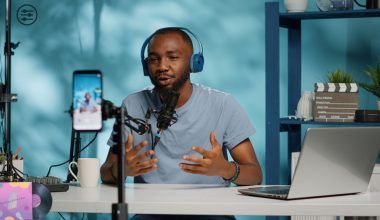Sampling has revolutionized the music industry, offering artists a creative tool to enhance their compositions. However, it has also raised significant legal concerns regarding music rights and contracts. This blog explores the impact of sampling on music rights and contracts, providing insights into the legal implications and how artists can navigate this complex landscape.
What is Sampling?
Sampling involves taking a portion of a sound recording and reusing it in a different song or piece of music. This technique has been popularized in various genres, especially hip-hop and electronic music. While sampling can add a unique dimension to new compositions, it also brings about legal challenges that artists must address.
Sampling can include a range of techniques such as looping, chopping, and pitch shifting. These methods can transform a small sample into something entirely new, showcasing the creativity of the artist. However, it’s essential to recognize that even a few seconds of another’s work can constitute a legal issue if not properly cleared.
Historical Context of Sampling
Sampling has been around for decades, gaining prominence in the 1980s and 1990s with the rise of hip-hop. Artists like Public Enemy and De La Soul utilized sampling to create innovative sounds. However, as the practice grew, so did legal disputes. The landmark case of Grand Upright Music, Ltd. v. Warner Bros. Records Inc. in 1991 marked a significant turning point, emphasizing the need for proper clearance of sampled music.
The use of sampling dates back even further, with pioneers like DJ Kool Herc and Afrika Bambaataa, who would use vinyl records to loop beats and create new tracks. This grassroots innovation in the Bronx laid the foundation for hip-hop and electronic music, influencing generations of artists. However, the legal landscape was uncharted territory, leading to numerous high-profile lawsuits.
Legal Aspects of Sampling
The impact of sampling on music rights and contracts is profound. Sampling without proper authorization can lead to copyright infringement, resulting in lawsuits and financial penalties. Here’s a breakdown of the key legal aspects:
- Copyright Law: Under copyright law, the original creator of a piece of music has exclusive rights to their work. This means that anyone who wants to use a sample from that work must obtain permission from the copyright holder. Copyright law covers both the composition (the music and lyrics) and the sound recording (the actual performance of the song).
- Fair Use: Some argue that sampling falls under ‘fair use,’ which allows limited use of copyrighted material without permission. However, fair use is a complex defense and often does not apply to sampling in commercial music. The four factors of fair use include the purpose of the use, the nature of the copyrighted work, the amount used, and the effect on the market for the original work.
- Licensing: To legally use a sample, artists typically need two licenses: a master use license (for the actual recording) and a mechanical license (for the underlying composition). Obtaining these licenses can be a complicated process, often involving negotiations with record labels and publishing companies.
The Process of Clearing Samples
Clearing samples is a critical step in avoiding legal issues. The process involves identifying the copyright holders and negotiating the terms of use. This can be a time-consuming and costly process but is essential to ensure legal compliance.
- Identify the Sample: Determine the original source of the sample. This involves recognizing the exact part of the song that has been used and identifying the copyright holders, which could be multiple entities.
- Contact Copyright Holders: Reach out to the owners of both the master recording and the composition. This may include record labels, music publishers, and sometimes the artists themselves.
- Negotiate Terms: Discuss terms of use, including payment and credits. The negotiation can include the percentage of royalties, one-time fees, and how the original creators will be credited.
- Secure Licenses: Obtain the necessary licenses to legally use the sample. Ensure that all agreements are documented in writing to avoid future disputes.
Impact on Contracts
The use of samples can significantly impact music contracts. Contracts must explicitly address the use of samples to prevent future disputes. Here are some considerations:
- Royalties: Contracts should specify how royalties from sampled music will be distributed among the original creators and the new artist. This includes determining the split of revenues generated from sales, streaming, and performances.
- Credits: Proper attribution of the original artist in the new work must be outlined. Failing to give proper credit can lead to legal and ethical issues.
- Liability: The contract should clearly state who is responsible for clearing the samples and what happens in case of a legal dispute. This is crucial in determining who bears the cost of any potential litigation.
Case Studies
Several high-profile cases highlight the impact of sampling on music rights and contracts. For instance, the lawsuit between Marvin Gaye’s estate and Robin Thicke over “Blurred Lines” emphasized the importance of proper licensing and attribution. The case concluded with a $5 million judgment against Thicke and his co-writer Pharrell Williams, highlighting the costly consequences of not securing proper permissions.
Similarly, the case of The Verve’s “Bitter Sweet Symphony,” which used a sample from The Rolling Stones, underscored the complexities involved in sample clearance. Initially, The Verve had obtained permission to use a short segment of an orchestral version of a Rolling Stones song, but the agreement fell apart, leading to a long legal battle. The Rolling Stones’ management initially claimed 100% of the royalties from the song, a situation that was only rectified in 2019 when Mick Jagger and Keith Richards relinquished their rights.
Strategies for Artists
Artists can adopt several strategies to navigate the complexities of sampling:
- Education: Understanding the legal landscape is crucial. Artists should educate themselves about copyright laws and the process of sample clearance. Many resources, including online courses and workshops, are available to help artists learn about music law.
- Legal Advice: Seeking legal advice from professionals who specialize in music law can help artists avoid potential pitfalls. Having an experienced attorney can be invaluable in negotiating terms and ensuring that all legal bases are covered.
- Originality: Creating original music or using royalty-free samples can reduce the risk of legal issues. There are many websites and libraries offering royalty-free music and samples that can be used without legal repercussions.
- Negotiation Skills: Developing strong negotiation skills can help artists secure favorable terms when clearing samples. This includes understanding the value of the sample and negotiating a fair price and terms of use.
The Role of Technology
Technology has both facilitated and complicated the use of sampling. Digital tools make it easier to sample and manipulate sounds, but they also increase the chances of copyright infringement. Platforms like Tracklib offer pre-cleared samples, simplifying the process for artists. These platforms provide a legal framework for sampling, allowing artists to explore creative possibilities without the fear of legal repercussions.
Moreover, advancements in digital audio workstations (DAWs) and music production software have made it easier for artists to manipulate samples in ways that make them unrecognizable from the original. While this can be creatively liberating, it also complicates the legal landscape, as even heavily modified samples may still require clearance.
Ethical Considerations
Beyond legalities, ethical considerations play a role in sampling. Artists should respect the creative work of others and seek permission before using samples. This fosters a culture of mutual respect and collaboration within the music industry. Ethically, it’s important to recognize and honor the work of original creators, ensuring they receive due credit and compensation.
Sampling without permission not only poses legal risks but also undermines the original artist’s contributions. By being transparent and fair in their use of samples, artists can build a more positive and respectful music community.
Future of Sampling
The future of sampling will likely see more sophisticated digital tools and platforms that facilitate sample clearance. However, the core legal and ethical issues will remain. Artists must continue to navigate these complexities to protect their rights and those of other creators.
Emerging technologies such as blockchain could play a significant role in the future of music rights management. Blockchain can provide a transparent and immutable record of rights ownership and usage, simplifying the process of sample clearance and royalty distribution.
Additionally, as artificial intelligence (AI) continues to evolve, it may offer new tools for detecting and managing samples. AI algorithms can potentially identify unlicensed samples in music, helping artists and rights holders monitor and enforce their rights more effectively.
Conclusion
The impact of sampling on music rights and contracts is significant and multifaceted. While sampling offers exciting creative possibilities, it also requires careful navigation of legal and contractual obligations. By understanding these aspects and seeking proper guidance, artists can effectively incorporate samples into their music while respecting the rights of original creators.
In conclusion, the balance between creativity and legality is delicate in the world of music sampling. Artists must educate themselves, seek professional advice, and approach sampling with a mindset of respect and fairness. As the music industry continues to evolve, so too will the practices and laws surrounding sampling, making it essential for artists to stay informed and adaptable.
Related Articles:
For further reading, explore these related articles:
- Sample Music License Agreement: Everything You Need to Know
- What is Sync Royalty? A Comprehensive Guide for Musicians
- What is Performance Royalty?
For additional resources on music marketing and distribution, visit Deliver My Tune.
